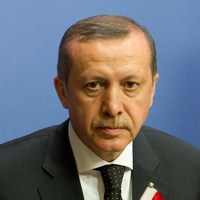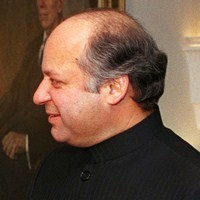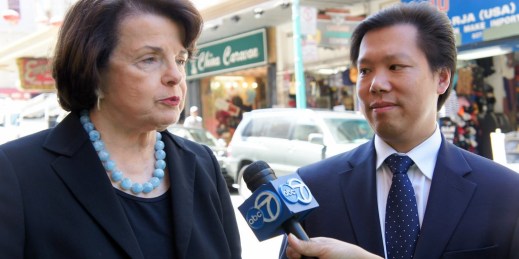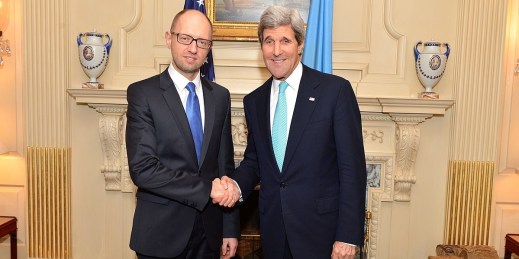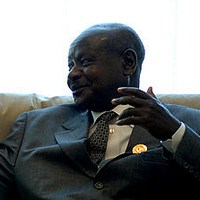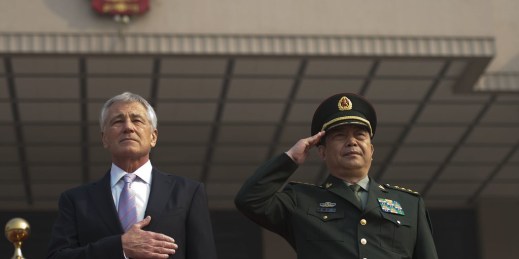
On a 10-day trip through Asia that ended last week, U.S. Secretary of Defense Chuck Hagel sought to build military ties with allies and partners involved in the U.S. rebalance to the region. He also reached out to China, the presumptive main U.S. competitor in the region, and announced the need for a “new model” of military-to-military relations between the two nations. As with other aspects of the U.S.-China relationship, military ties between the two countries are underdeveloped, and China remains wary of U.S. intentions. But the Obama administration, which has its own worries about China, appears to believe that […]



